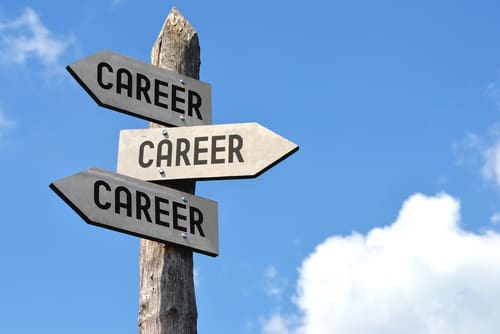
Dear Therapist,
Ever since this pandemic took over our lives I have been unable to sleep well and, when I do find sleep, I also find nightmares. Seriously, they are disturbing! Is there any way to alleviate these terrifying dreams. It’s gotten to the point where I don’t even want to fall asleep as I am scared of where my dreams will go — death, violence, isolation — this type of imagery is rampant for me. How to get good sleep during this time?
Sincerely, A Terrified Dreamer
This is so common. First, the inability to even get to sleep these days. This happens for a lot of reasons, including not maintaining one’s regular sleep regime, too many screens on too close to trying to sleep, worries and uncertainty on one’s mind — all leading to the inability to let go into an unconscious state and sleep. Which is critical to feeling rested and restored, bright and energetic to greet the next day.
Some tips on getting to sleep during this time include:
- Maintain your normal sleep time — when you go to bed and when you get up
- Turn off your screen well in advance of bedtime
- A better activity is actually reading a real book or working on an old fashioned puzzle with a pencil – activities that can ground
- If you have many worries on your mind, writing them down before sleep. In this way they become externalized. You are free to pick those worries back up again the very next morning, but writing them down and letting them breathe for the night outside of you may be helpful
- Engage in a ritual that will relax you like a salt bath, gentle stretching or a meditation to calm one’s self.
- Direct your dreams! (And this will lead into your nightmares) If there is something on your mind that you want to know about or an answer to, write it down on a piece of paper. Also, as you close your eyes, have this question on your mind and repeat it to yourself again and again. Often, this type of exercise is calling to your internal world to respond with an answer that is not conscious.
I mention this last idea of dream direction to help with the nightmares you are experiencing. All of us are carrying anxiety, worry, and, some of us, even terror over what is unfolding in our daily lives. We speak to it in a myriad of ways while we are awake during the day, and we are also speaking to it in our dreams. Deep down in the places we are not aware of, we are holding these worries and frights and they come out to haunt us in our nightmares.
I hear how terrifying they can be and that they are happening on a continual basis to the point that you do not want to even go to sleep. Engaging in steps #4 and #6 that I have noted above may help you set aside consciously the concerns you are feeling terrorized about as well as direct your mind to focus on something more interesting to you.
It will take some work to actively employ these strategies, but it may very well worth it to find not only sleep, but dreams that answer something on your mind, rather than terrorize you with worries. This is not just you — so many around the globe are being terrorized by their pandemic nightmares — you are not alone. I encourage you to take the steps above to help you sleep through this time of uncertainty that plagues us all.









